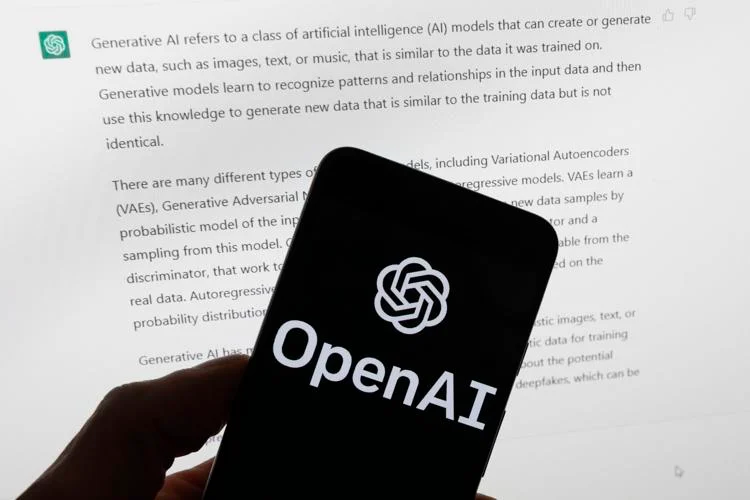OpenAI
On Friday, OpenAI announced plans to restructure its organization, revealing that it intends to transition its for-profit arm into a public benefit corporation (PBC).
This move is designed to make it easier for the company to raise capital, which has been a significant challenge given the high costs associated with developing artificial general intelligence (AGI).
OpenAI’s announcement confirmed a Reuters report from September, which sparked debates among corporate watchdogs and tech figures, including Elon Musk, about the potential implications of such a shift.
The primary concern revolves around how OpenAI will balance its mission of advancing AI for the public good with the interests of its investors.
By adopting a PBC structure, OpenAI aims to consider societal interests in addition to shareholder value, addressing concerns that it might prioritize profits over its nonprofit objectives.
The PBC would allow OpenAI to attract more investment, a crucial factor given the enormous costs involved in AI research and development. This move comes after OpenAI’s latest $6.6 billion funding round, which was contingent on removing profit caps and restructuring its corporate model.
OpenAI started in 2015 as a nonprofit research organization but created a for-profit arm in 2019 to secure funding for its expensive AI initiatives. The nonprofit would retain a significant interest in the new PBC, ensuring that it remains involved in the development of AI with an eye toward societal benefits.
However, the transition to a PBC has drawn criticism from some quarters. Musk, a co-founder of OpenAI, has been vocally opposed to the move, suing OpenAI for prioritizing profits over public good. Meta Platforms has also expressed concerns and urged the California attorney general to block the change.
Supporters of the move argue that OpenAI must adapt its structure to remain competitive in a rapidly evolving market. Companies like Anthropic and Musk’s own xAI have adopted similar models, raising billions in funding.
However, experts like corporate law professor Ann Lipton caution that while the PBC structure sounds appealing, it doesn’t provide strong legal enforcement to ensure a balance between mission and profit-making.
This restructuring is seen as a crucial step for OpenAI to continue its mission of developing advanced AI while securing the necessary resources to do so. However, whether it will succeed in balancing the interests of shareholders and the public remains to be seen.


